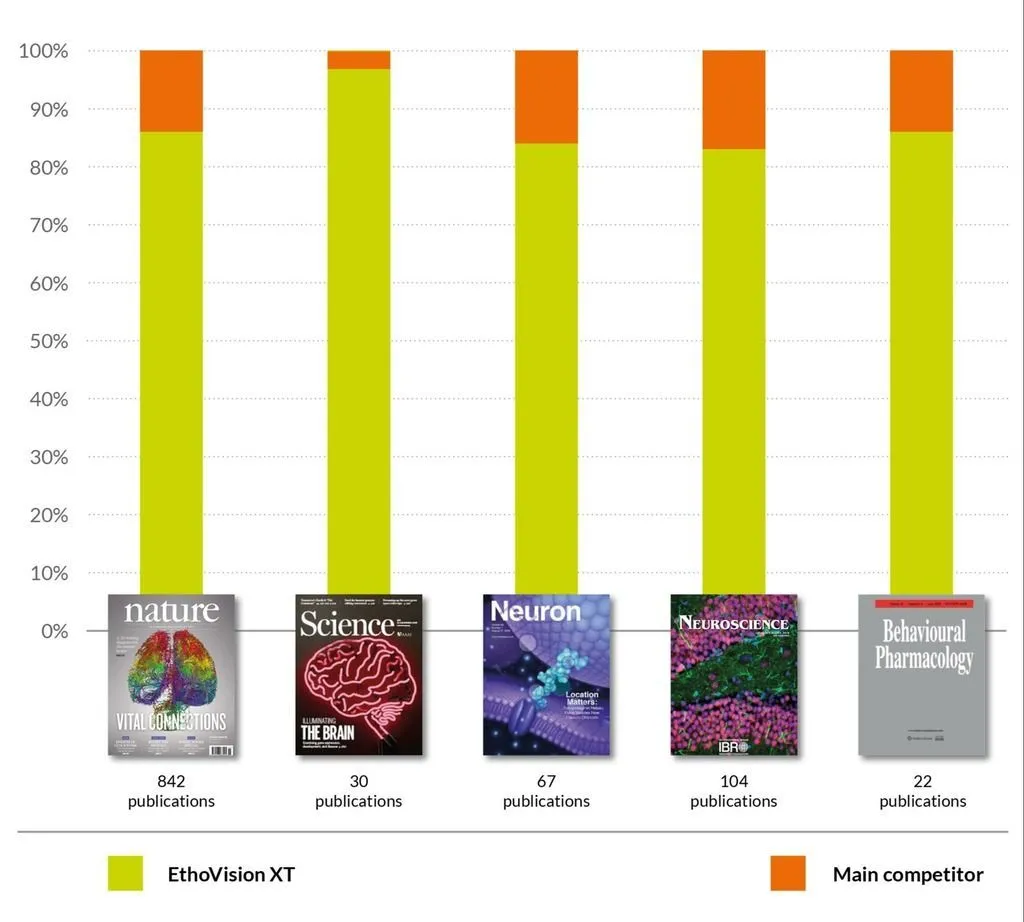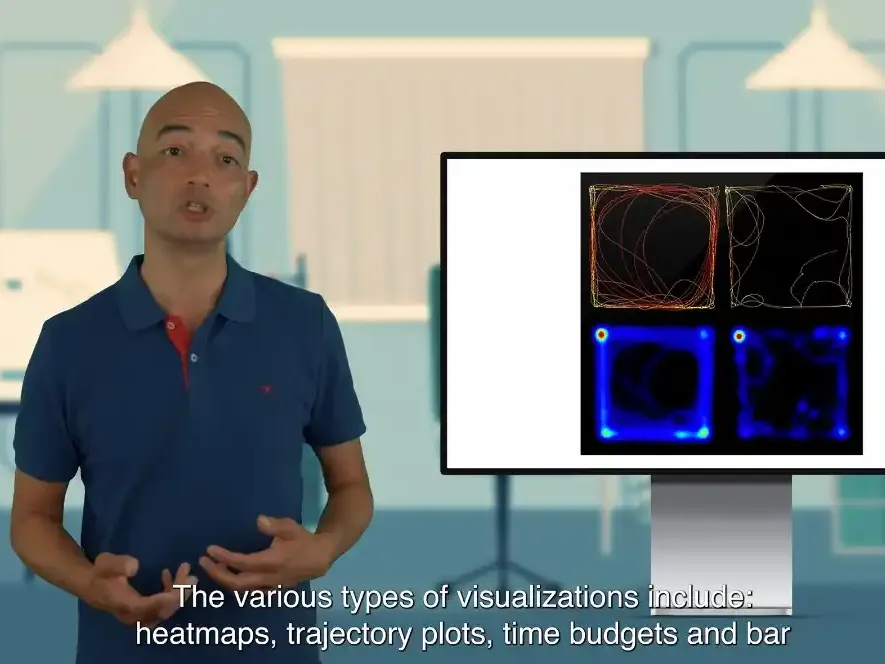Kafle, B.D., Bernal, J.S. & Fadamiro, H.Y. (2025). Three-dimensional flight analysis shows associative learning enhances foraging behavior of the specialist parasitoid,
Microplitis croceipes. Entomologia Experimentalis et Applicata 00, 1–10.
https://doi.org/10.1111/eea.13560
Ilie, O. D., Duta, R., Jijie, R., Nita, I. B., Nicoara, M., Faggio, C., Dobrin, R., Mavroudis, I., Ciobica, A., & Doroftei, B. (2022). Assessing Anti-Social and Aggressive Behavior in a Zebrafish (Danio rerio) Model of Parkinson’s Disease Chronically Exposed to Rotenone.
Brain Sciences, 12(7), 898.
https://doi.org/10.3390/brainsci12070898
Jijie, R., Solcan, G., Nicoara, M., Micu, D., & Strungaru, S. A. (2020).
Antagonistic effects in zebrafish (Danio rerio) behavior and oxidative stress
induced by toxic metals and deltamethrin acute exposure.
Science of the Total Environment, 698, 134299.
https://doi.org/10.1016/j.scitotenv.2019.134299
Hinze, A., Lantz, J., Hill, S. R., & Ignell, R. (2021).
Mosquito host seeking in 3D using a versatile climate-controlled wind tunnel system.
Frontiers in behavioral neuroscience, 15, 643693.
https://doi.org/10.3389/fnbeh.2021.643693

